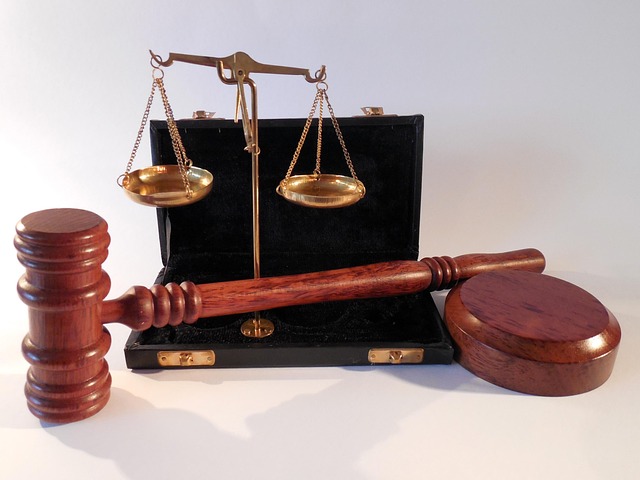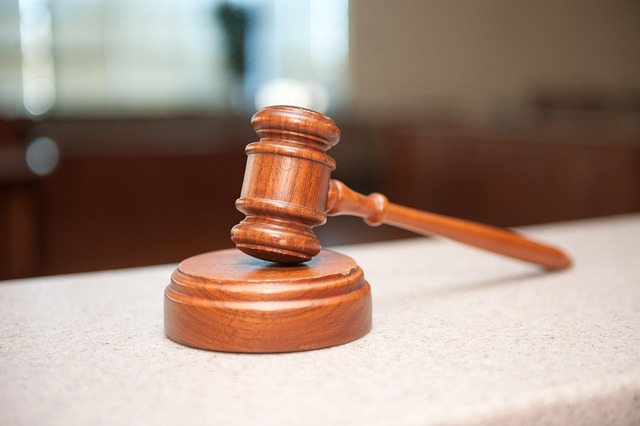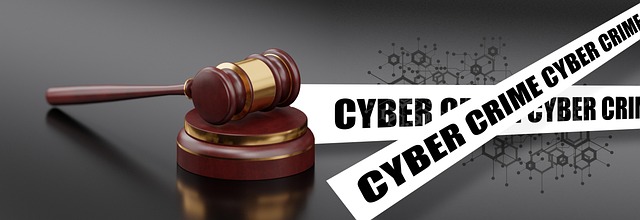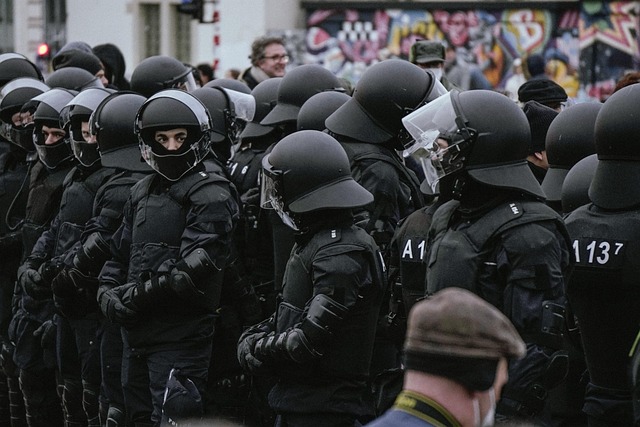Whistleblower protection laws safeguard individuals exposing illegal or unethical activities in their organizations from retaliation, with a focus on the Statute of Limitations for Libel Cases that sets time limits for legal action. These laws enable fair and impartial jury trials, protecting whistleblowers from complex procedures and potential retaliation. Successful whistleblower lawsuits promote corporate accountability, public safety, and transparency, highlighting the crucial role of the Statute of Limitations for Libel Cases in seeking justice within set timeframes.
“Uncovering truth through whistleblower protection lawsuits is a critical aspect of modern justice. This comprehensive guide explores the intricate legal landscape surrounding whistleblowers, with a focus on understanding whistleblower protection laws and their unique challenges. We delve into key considerations, such as the role of the Statute of Limitations in libel cases, ensuring individuals exposing corporate misconduct are equipped with knowledge of their rights and protections. From navigating complex legal proceedings to examining real-world case studies, this article offers an insightful journey through successful whistleblower protection lawsuits.”
- Understanding Whistleblower Protection Laws: A Comprehensive Overview
- The Role of Statute of Limitations in Libel Cases: Key Considerations
- Navigating Legal Proceedings: Rights and Protections for Whistleblowers
- Common Challenges Faced by Whistleblowers in Courtroom Battles
- Case Studies: Successful Whistleblower Protection Lawsuits and Their Impact
Understanding Whistleblower Protection Laws: A Comprehensive Overview

Whistleblower protection laws are designed to safeguard individuals who expose illegal or unethical activities within their organizations. These laws provide a legal framework that protects whistleblowers from retaliation, ensuring they can come forward with confidence. Understanding these protections is crucial for both corporate and individual clients facing potential whistleblower situations.
The Statute of Limitations for libel cases related to whistleblower protection varies by jurisdiction, but it generally offers a defined period within which legal action must be taken. This ensures fairness by allowing those accused of wrongdoing a reasonable time to defend themselves in court. For his clients, knowing this timeframe is essential to initiate jury trials promptly and effectively, especially when dealing with complex corporate issues.
The Role of Statute of Limitations in Libel Cases: Key Considerations

Navigating Legal Proceedings: Rights and Protections for Whistleblowers

Navigating legal proceedings can be a daunting task for whistleblowers, but understanding their rights and protections is crucial. When facing potential lawsuits or legal repercussions for exposing wrongdoing in their respective businesses, it’s essential to be aware of the laws that defend them. The Whistleblower Protection Laws provide a safety net for individuals who take the courageous step of reporting illegal activities. These laws ensure that whistleblowers have the right to bring forward their concerns without fear of retaliation or dismissal from their jobs.
One significant aspect to consider is the Statute of Limitations for libel cases, which sets a time limit on when legal action can be taken. This varies by jurisdiction but generally provides a framework within which whistleblowers must act. In many instances, failure to initiate proceedings within the specified period may result in the complete dismissal of all charges. Additionally, whistleblowers have the right to request jury trials, ensuring a fair and impartial decision-making process.
Common Challenges Faced by Whistleblowers in Courtroom Battles

Whistleblowers often face significant challenges when initiating legal actions against wrongdoers. One of the primary hurdles is navigating complex legal procedures and understanding the statute of limitations for libel cases. This means they must act promptly, as there are strict time frames within which to file claims, which can vary based on jurisdiction and the type of offense. Failure to comply with these deadlines may result in the dismissal of their case.
Additionally, whistleblowers may struggle to present their case convincingly due to the sensitive nature of their disclosures. They often face retaliation from powerful entities, including threats to their professional and personal lives. This can make it difficult for them to provide clear evidence and maintain consistent testimonies, impacting the strength of their legal arguments. Furthermore, distinguishing between protected whistleblowing activities and potential violations of white-collar defense or general criminal defense strategies is crucial, as it determines the validity of their claims in court.
Case Studies: Successful Whistleblower Protection Lawsuits and Their Impact

Whistleblower protection lawsuits have garnered significant attention due to their impact on corporate accountability and public safety. Successful cases serve as powerful examples, demonstrating the efficacy of laws designed to shield individuals who expose illegal or unethical activities within organizations. These lawsuits not only provide financial compensation for wronged whistleblowers but also send a strong message across the country, encouraging others to come forward without fear of retaliation.
Many high-profile cases have led to complete dismissal of all charges against whistleblowers, validating their decision to speak up. The Statute of Limitations for libel cases plays a crucial role in these victories, ensuring that individuals can seek justice within defined timeframes. Across the country, these lawsuits have fostered a culture of transparency and accountability, where organizations are held responsible for their actions, and whistleblowers are recognized as vital participants in the investigative and enforcement process at all stages.
Whistleblower protection lawsuits play a vital role in upholding justice, ensuring that individuals who expose illegal activities are safeguarded. Understanding the intricacies of whistleblower laws, including the Statute of Limitations for libel cases, is crucial for both whistleblowers and legal professionals. By navigating the complex legal landscape, rights can be defended, and protections can be secured. Overcoming common challenges in the courtroom will continue to shape successful outcomes, as demonstrated by impactful case studies. These suits not only protect whistleblowers but also encourage a culture of transparency and accountability in organizations worldwide.






